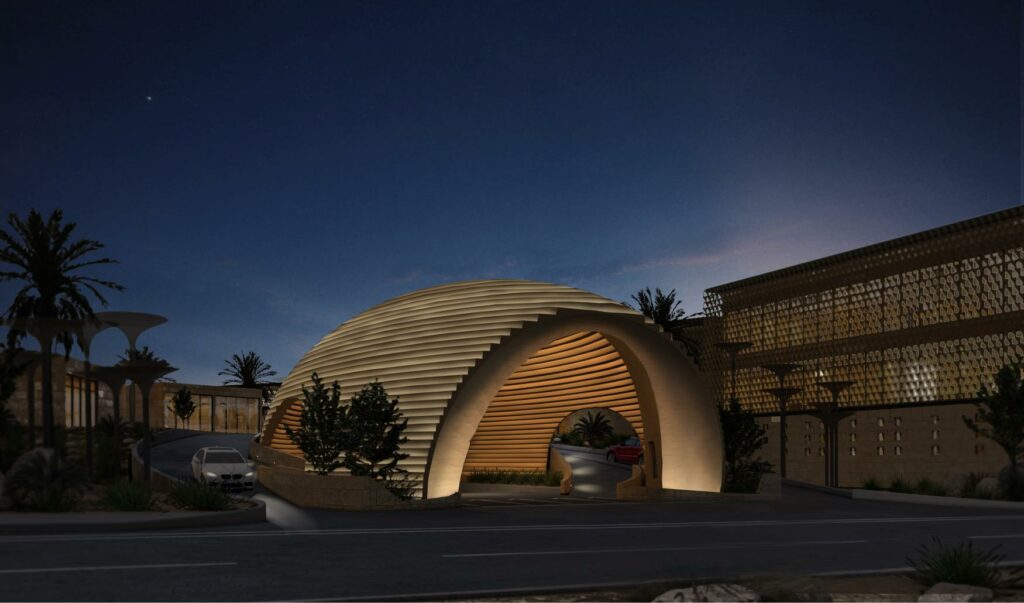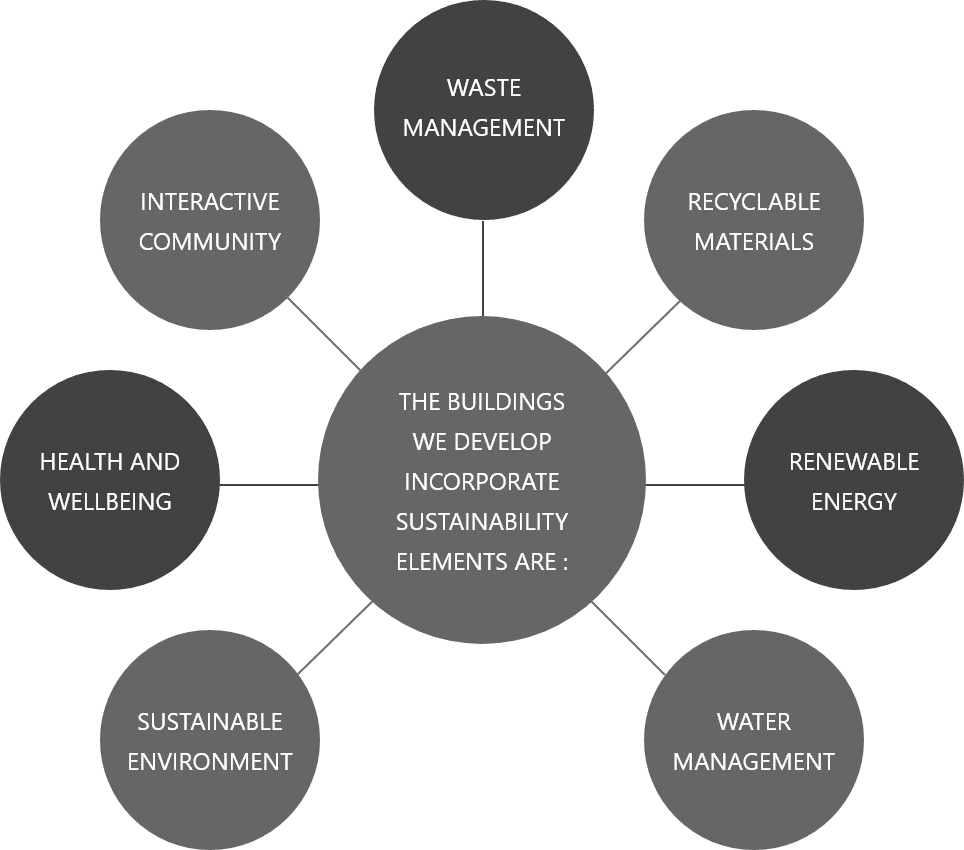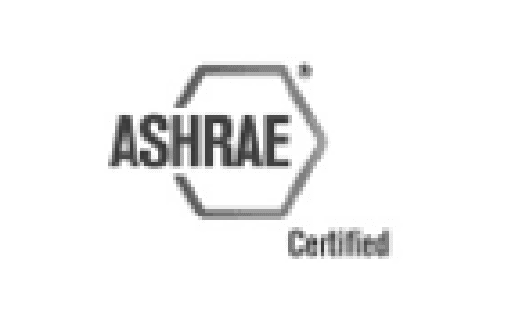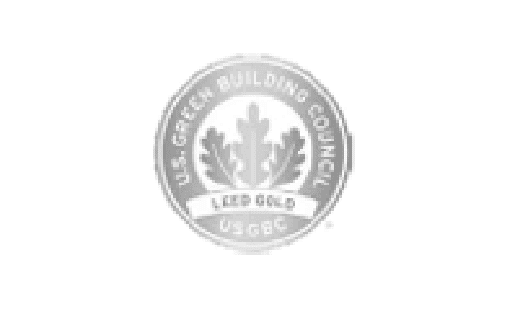
We support Green Saudi Arabia, whereby we contribute to local municipalities, charitable institutions, and owners ‘management though our projects, and support afforestation and greenification with our subsidiary Tadbeir Environmental, providing tree planting and transplanting services.



The United Nations Sustainable Development Goals (SDGs) are a universal call to action to address critical global challenges by 2030. The following table highlights the six SDG’s we align with and the actions we are taking to fulfill our commitment:
Focus Area | SDGS | Targets | How we Align |
|---|---|---|---|
Employee Learning and Development | Quality Education | 4.3-By 2030, ensure equal access for all women and men to affordable and quality technical, vocational and tertiary education, including university. 4.4-By 2030, substantially increase the number of youth and adults who have relevant skills, including technical and vocational skills, for employment, decent jobs and entrepreneurship. | By offering technical and developmental training programs to all employees, targeting 32- 36 training hours per employee annually. |
Water Management | Clean Water and Sanitation | 6.3-By 2030, improve water quality by reducing pollution, eliminating dumping and minimizing release of hazardous chemicals and materials, halving the proportion of untreated wastewater and substantially increasing recycling and safe reuse globally. 6.4-By 2030, substantially increase water-use efficiency across all sectors and ensure sustainable withdrawals and supply of freshwater to address water scarcity and substantially reduce the number of people suffering from water scarcity. | By implementing a water resource management system across our operations to manage water usage efficiently. By using recyclable materials in our operations to enhance recyclicng pratices. |
Talent Attraction and Business Growth | Decent Work and Economic Growth | 8.3-Promote development-oriented policies that support productive activities, decent job creation, entrepreneurship, creativity and innovation, and encourage the formalization and growth of micro-, small- and medium-sized enterprises, including through access to financial services. 8.4-Improve progressively, through 2030, global resource efficiency in consumption and production and endeavor to decouple economic growth from environmental degradation, in accordance with the 10-Year Framework of Programmes on Sustainable Consumption and Production, with developed countries taking the lead. 8.5-By 2030, achieve full and productive employment and decent work for all women and men, including for young people and persons with disabilities, and equal pay for work of equal value. 8.6-By 2020, substantially reduce the proportion of youth not in employment, education or training. 8.8-Protect labour rights and promote safe and secure working environments for all workers, including migrant workers, in particular women migrants, and those in precarious employment. | By attracting talented women and men and ensuring a safe and positive working environment. By participating in community development programs that focus on raising awareness and providing educational and technical training opportunities to youth. |
Diversity, Equity and inclusion | Reduced Inequalities | 10.3-Ensure equal opportunity and reduce inequalities of outcome, including by eliminating discriminatory laws, policies and practices and promoting appropriate legislation, policies and action in this regard. | By developing policies to achieve greater equality between employees and promoting gender equality in all levels. |
Responsible Resources | Responsible Consumption and Production | 12.2-By 2030, achieve the sustainable management and efficient use of natural resources. 12.4-By 2020, achieve the environmentally sound management of chemicals and all wastes throughout their life cycle, in accordance with agreed international frameworks, and significantly reduce their release to air, water and soil in order to minimize their adverse impacts on human health and the environment. 12.5-By 2030, substantially reduce waste generation through prevention, reduction, recycling and reuse. | By efficiently using natural resources and materials through monitoring consumption, decreasing our consumption and creating programs to ensure using resources efficiently. Establish a waste management system to reduce waste directed to the landfill. |
Climate Risk Management | Climate Action | 13.1 – Strengthen resilience and adaptive capacity to climate-related hazards and natural disasters in all countries. | By minimizing risk through periodic reviews of policies and procedures readiness to combat risk by board of directors. |

Retal is a next-generation real estate developer committed to building sophisticated and sustainable communities.
With a vision aligned with Saudi Arabia’s ambitious goals for a sustainable and innovative future, Retal aims to create civilized urban communities and landmarks that prioritize the well-being of future generations. One notable project that embodies this commitment is the Retal Business Center in Riyadh. Designed to meet sustainability requirements and aiming for LEED Gold certification, the project focuses on environmental quality, economic development, and an environmentally-friendly footprint.
The design of the Retal Business Center was driven by specific objectives to ensure a sustainable and energy- efficient building aligning with:

The project aimed to create an iconic building that minimizes the loads on the HVAC system in alignment with ASHRAE requirements.

Retal Business Center aspires to achieve LEED Gold certification under the LEED BD+C (Core & Shell) version 4.0. The project incorporates mechanical and architectural sustainability measures aligned with LEED criteria.
Eastern Region
Khobar
King Faisal Road, AlRawabi District
Corniche Road, AlBahr District
AlAhsa
AlHofuf, AlBadriyyah District
Central Region
Riyadh
Regional Office and Sales Center
Northern Ring Road, Al-Wadi District
Western Region
Jeddah
Regional Office and Sales Center
King Abdulaziz Road, AlZahraa District
Total Units
No Data Found
Total Units
No Data Found
Total Units
No Data Found
Privacy Policy • Terms of use
© 2023 Retal Development. All rights reserved.